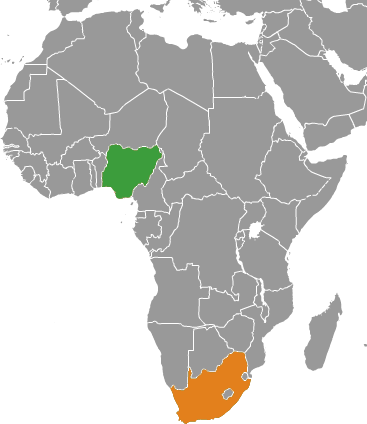Rahul Gandhi, the scion of India's Nehru-Gandhi political dynasty and widely seen as a prime minister-in-waiting, said Friday that a popular anti-corruption campaign spearheaded by activist Anna Hazare was “a dangerous precedent for a democracy.”
See AFP's report here.
Hazare’s fast for a strong anti-corruption law is in its eleventh day and millions across India have rallied to the cause in huge protests.
It was Gandhi's first public statement on an issue that has snowballed into a full-blown crisis for the government.
"A process divorced from the machinery of an elected government, that seeks to undo checks and balances created to protect the supremacy of parliament, sets a dangerous precedent for our democracy," he said.
Gandhi also said he had "serious doubts" about the idea that a single piece of legislation would eradicate the corruption that permeates all levels of Indian society.
The dispute, however, is over the terms of an anti-corruption law presently before parliament that would create a new ombudsman.
The BBC summarised some of the differences thus:
Mr Hazare says ombudsman should have power to investigate prime minister and senior judges; the government refuses.
Mr Hazare wants the ombudsman to be able to investigate MPs accused of taking bribes to vote or ask questions in parliament; the government says such probes should be carried out by MPs.
In recent days, Prime Minister Manmohan Singh, who sat beside Gandhi as he spoke, has sought to reach out to Hazare with a series of conciliatory gestures aimed at bringing the hunger strike to an end.
But at the beginning of his campaign, the government had taken a tough line, initially arresting Hazare and several thousand of his supporters in a move widely criticised as repressive and short-sighted.
Meanwhile, three top Indian industrialists have expressed concern over the impact worsening corruption has on their businesses.
See PTI’s report here.
“I think corruption has become worse and if you choose not to participate in this, you leave behind a fair amount of business,” Mr. Ratan Tata, chairman of the Tata, India’s largest company said.
Mr Tata said that unlike in 1991, corruption is now not only seen in the grant of licence approvals, but also in the award of contracts and in changing the terms of contractual obligations.
Mr N R Narayana Murthy, founder of another Indian giant, Infosys, said: “One can bribe their way to make a $10 million company, but if you want to make a $1 billion company, there is no other way but to do business the right way.”
Mr Anand Mahindra, managing director of the conglomerate Mahindra & Mahindra said: “What’s happening at the Ramlila Ground signals a great shift of people wanting accountability and not just from politicians, but also from businesses,” referring to the site of Hazare’s hunger strike.

